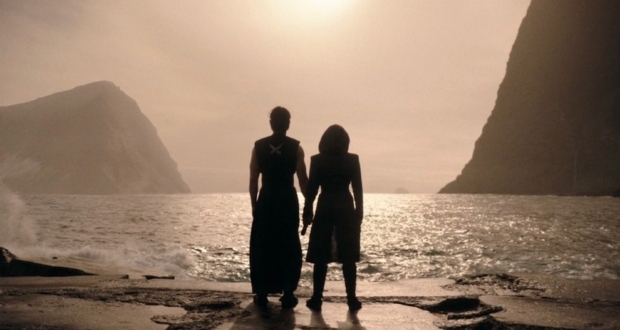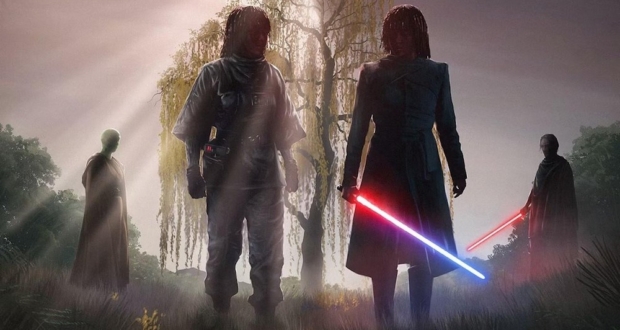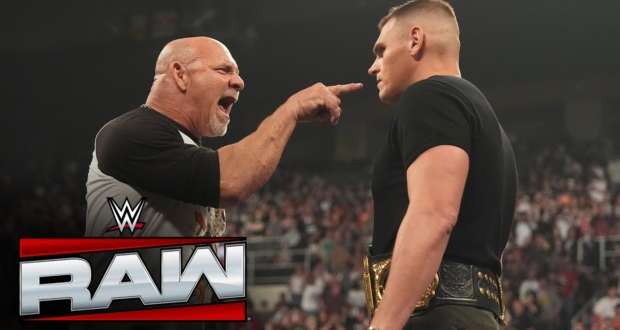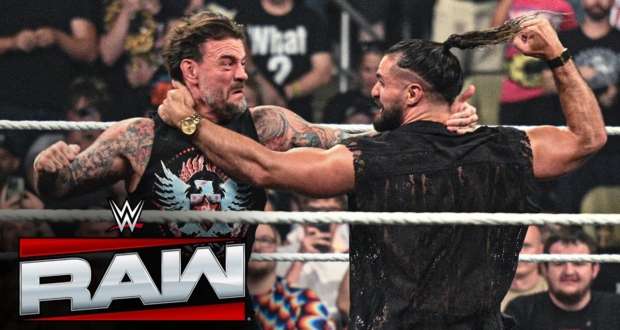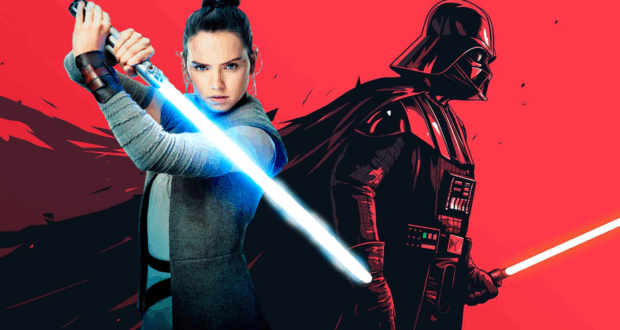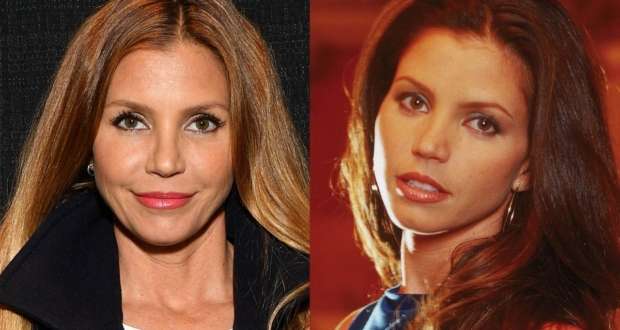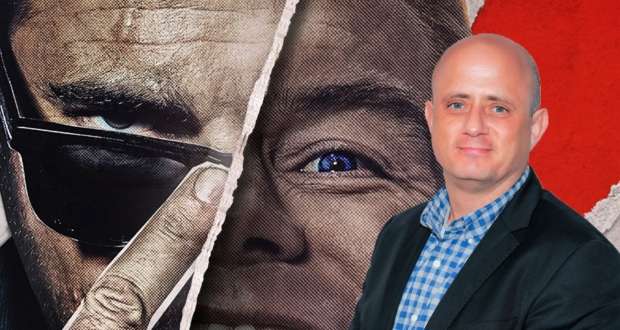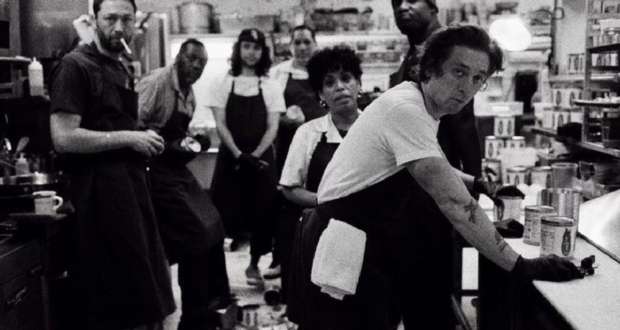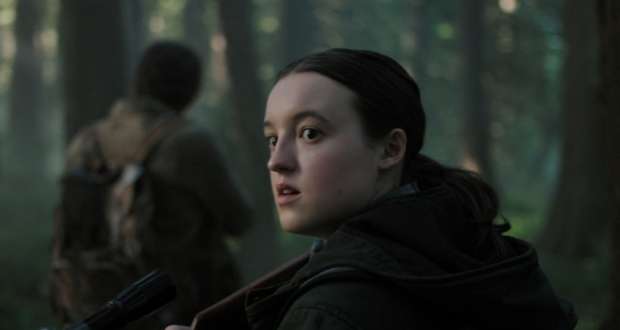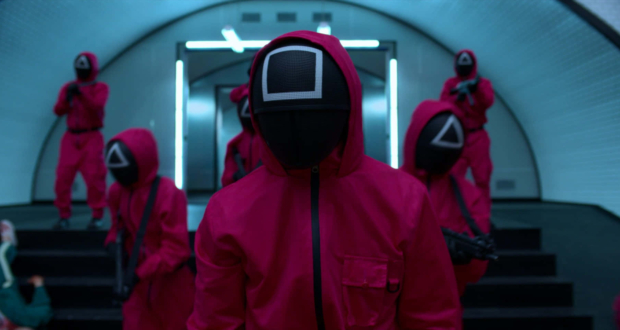Last night, Amandla Stenberg, the star of Lucasfilm’s new live-action Star Wars series “The Acolyte,” delighted fans with an appearance at Star Wars: Galaxy’s Edge during Season of the Force at Disneyland Park, Anaheim, California. Visitors were thrilled to see Stenberg, who took time to interact with fans and celebrate the upcoming release of the series.
Disney+ joined in the excitement by sharing photos from the visit and an exclusive new clip featuring Stenberg alongside Emmy®-winning actor Lee Jung-jae. The clip offers a sneak peek into the highly anticipated series, which promises to be a thrilling addition to the Star Wars saga.
The Acolyte New Clip: Mae and Sol Fight
The Acolyte Launches June 4 on Disney+
Mark your calendars! “The Acolyte” premieres on Tuesday, June 4, exclusively on Disney+, with the first two episodes available for streaming. This new series dives into a suspenseful and dark narrative that Star Wars fans won’t want to miss.
A Dark Tale Unfolds
In “The Acolyte,” an investigation into a shocking crime spree pits a respected Jedi Master (played by Lee Jung-jae) against a dangerous warrior from his past (played by Amandla Stenberg). As the story unfolds, they follow a dark path where sinister forces reveal that all is not what it seems.
Star-Studded Cast
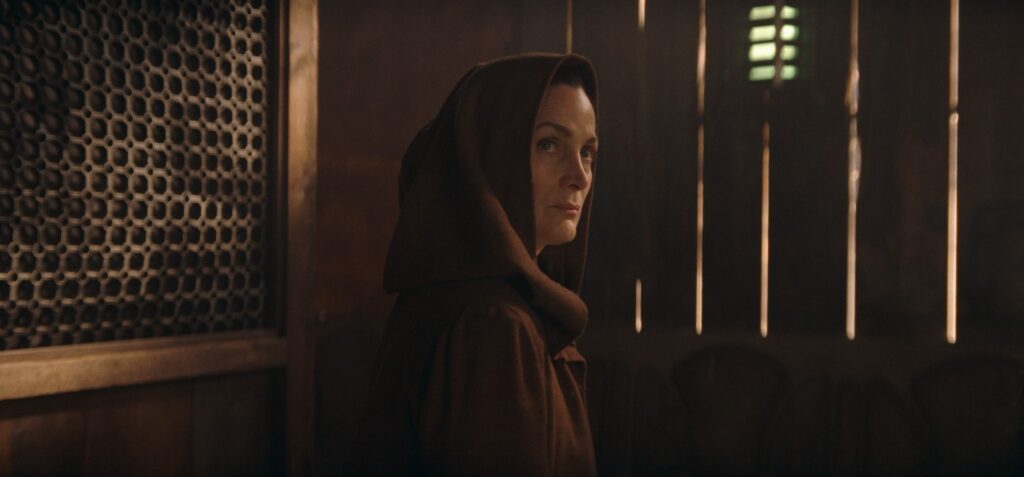
The series boasts an impressive cast including Amandla Stenberg, Lee Jung-jae, Manny Jacinto, Dafne Keen, Charlie Barnett, Jodie Turner-Smith, Rebecca Henderson, Dean-Charles Chapman, Joonas Suotamo, and Carrie-Anne Moss. Each actor brings depth and intrigue to their roles, contributing to the suspenseful atmosphere of the show.
Creative Minds Behind the Series
Leslye Headland created “The Acolyte,” drawing inspiration from George Lucas’s iconic Star Wars universe. Headland also serves as an executive producer alongside Kathleen Kennedy, Simon Emanuel, Jeff F. King, and Jason Micallef. Co-executive producers Charmaine DeGraté and Kor Adana, along with producers Rayne Roberts, Damian Anderson, Eileen Shim, and Rob Bredow, contribute their expertise to the project.
Season of the Force Ends Soon
As a reminder, Season of the Force at Disneyland Resort will conclude on June 2, 2024. Be sure to visit and experience the Star Wars magic before it’s too late!
Stay tuned for more updates and get ready to dive into the dark and thrilling world of “The Acolyte” on Disney+ starting June 4.

ANAHEIM, CALIFORNIA – MAY 21: The Acolyte’s Amandla Stenberg poses at Disneyland on May 21, 2024 in Anaheim, California. (Photo by Leon Bennett/Getty Images for Disney)
Be sure to follow E-Man’s Movie Reviews on Facebook, Subscribe on YouTube, or follow me on Twitter/IG @EmansReviews for even more movie news and reviews!

